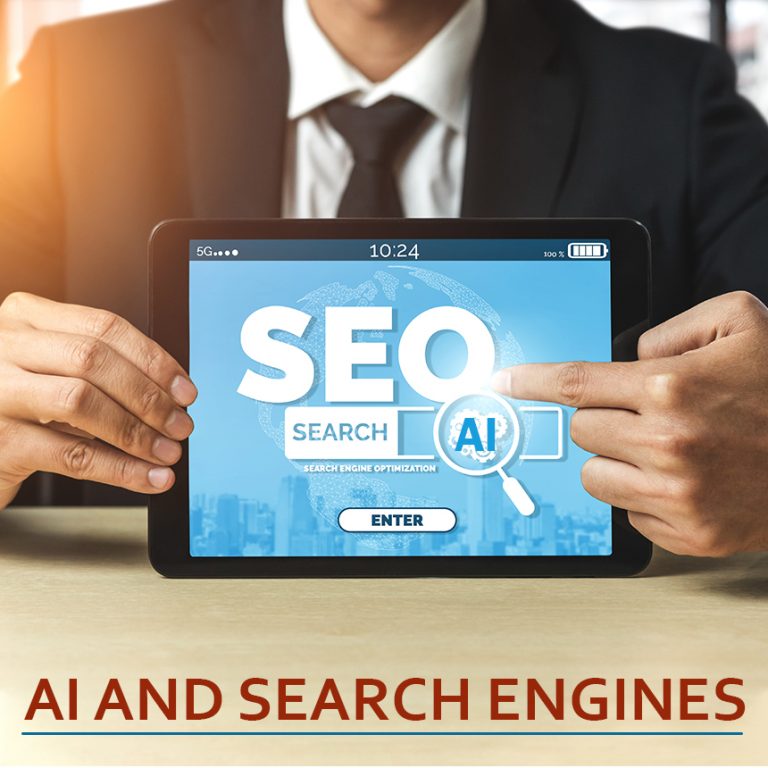
Search engines are magnificent tools. You type a keyword on your favorite search engine and just like that, you have scoured the whole internet to find the most relevant content. All thanks to algorithms and a lot of ideas, courtesy brilliant people. Let us not forget Artificial intelligence also has a fair share in the efficient functioning of a search engine.
AI for quality control in Search Engines:
Some SEO practitioners bypassed the system with shady practices that we know as ‘black hat SEO techniques’, not so long ago. These techniques included aggressive keyword stuffing, cloaking, invisible text, etc. The practice was damning for search engines as the pages that were at the top of their results weren’t necessarily the highest quality content.
Cut to the present day, search engines have all updated their algorithms and use artificial intelligence to separate the high-quality content from the low-quality spam. As the AI makes considerable headway, it would stake over the responsibility and negate the need for human quality raters or human quality checks entirely.
Related: Automation – The New Business Imperative
Search engines apply AI to create ranking algorithms:
Apart from AI protecting search engines from manipulation, it also helps them with their ranking algorithms. It is not known the extent to which AI plays its role in this function, but we assume it is quite a big one. Technically speaking, this particular area of artificial intelligence involves learning to rank algorithms.
The machines are schooled to create an optimal list from a set of possible results or outcomes, learning from each of the variables over time. To give you an example: If one result on a search engine is ranking third but has a higher click-through rate (CTR) than the options above it, the search engine would see a pattern and learn from this anomaly and send that result to the top.
NLP & image analysis to understand search queries in search engines:
Search engines are computer applications. However, they need to understand human language for them to disperse the information users are looking for. Natural Language Processing (NLP) is a field of artificial intelligence dedicated to teaching computers to understand our written language.
Tech giants such as Google and Microsoft have bee using NLP to understand their users. Nowadays, almost all search engines feature advanced applications of NLP and machine learning. Search engines have pioneered a way to take their user’s previous searches and use them to optimize future searches. Yandex, the world’s fourth-largest search engine, has created personalized search results following this method and have increased their CTR by about 10%.
Google uses some of the above-mentioned practices by optimizing search engine results based on recent previous queries. It allows users to search with an image or photo. This itself is another field of AI Google is testing for its search engines.
Related: Artificial Intelligence & the science of Future of Language Learning?
What is in store for SEO?
Now that it is evident artificial intelligence, machine learning and Natural language processing are creeping in a big way into search engines, marketers are wondering if AI will change the way SEO optimizing is done as well.
Since the search engine is meant to find users what they are looking for, machine learning is helping search engines do just that. It is good news for marketers as it means the best, most relevant content will trump. Though choosing the precise keywords and following the best SEO practices will remain important, the relevancy and quality of content will be the top ranking factors as search engines become more intelligent.
Related: What Is The Effect Of AMP On SEO? : Pros & Cons Of Using AMP


